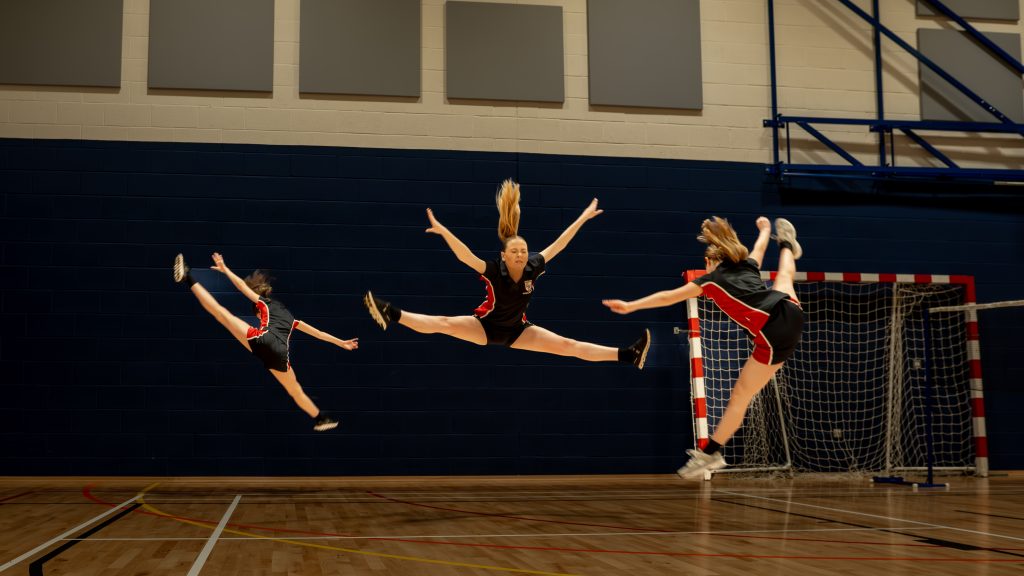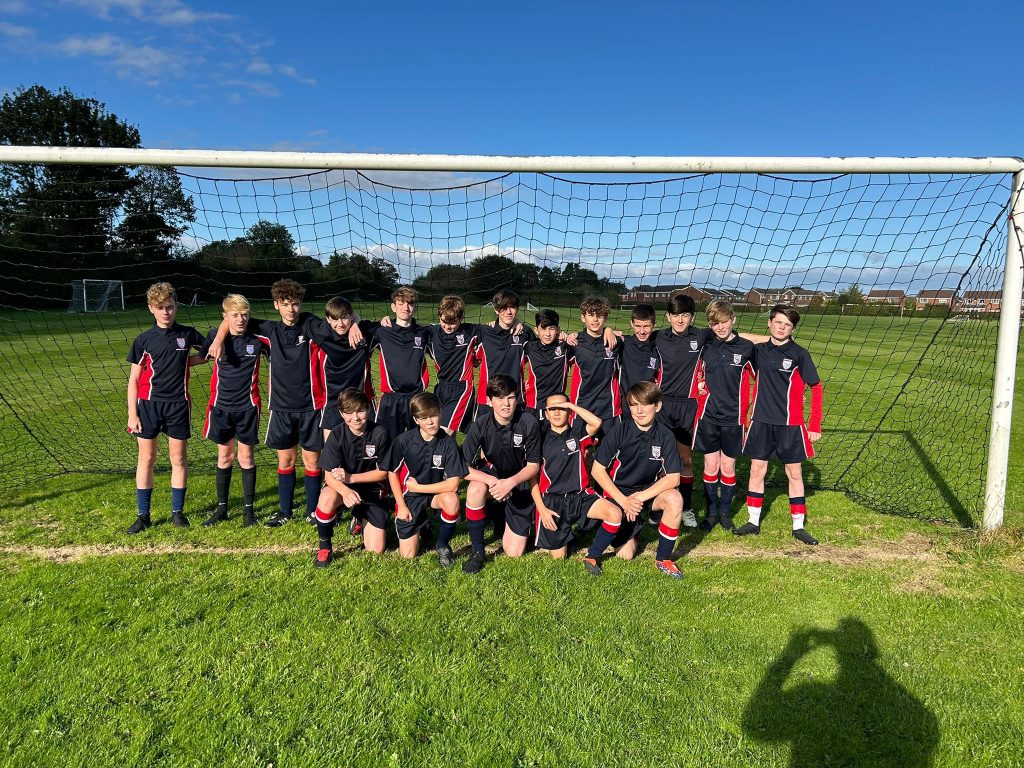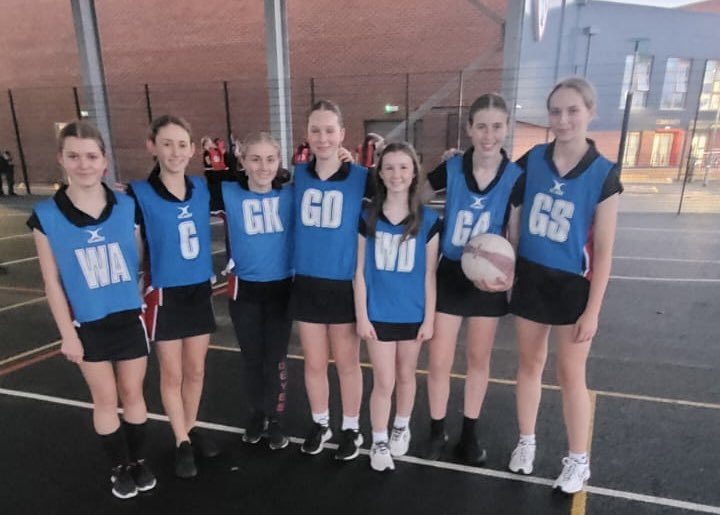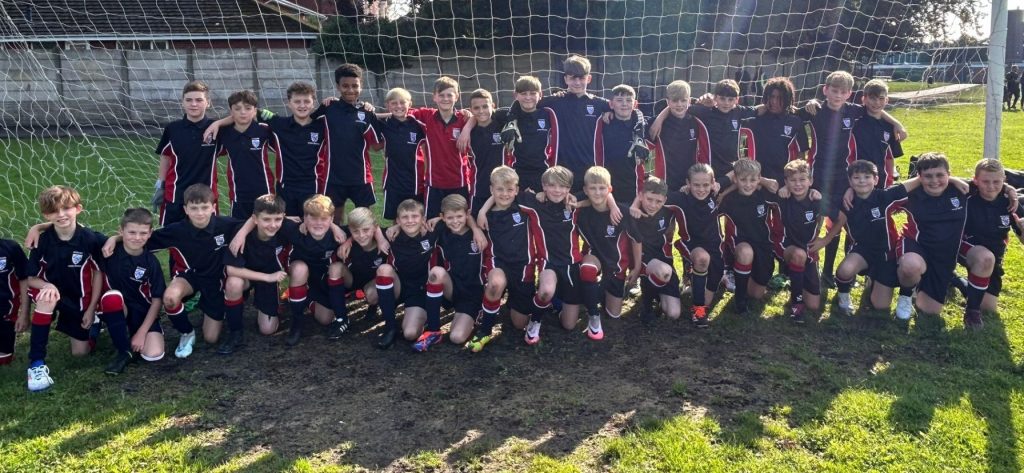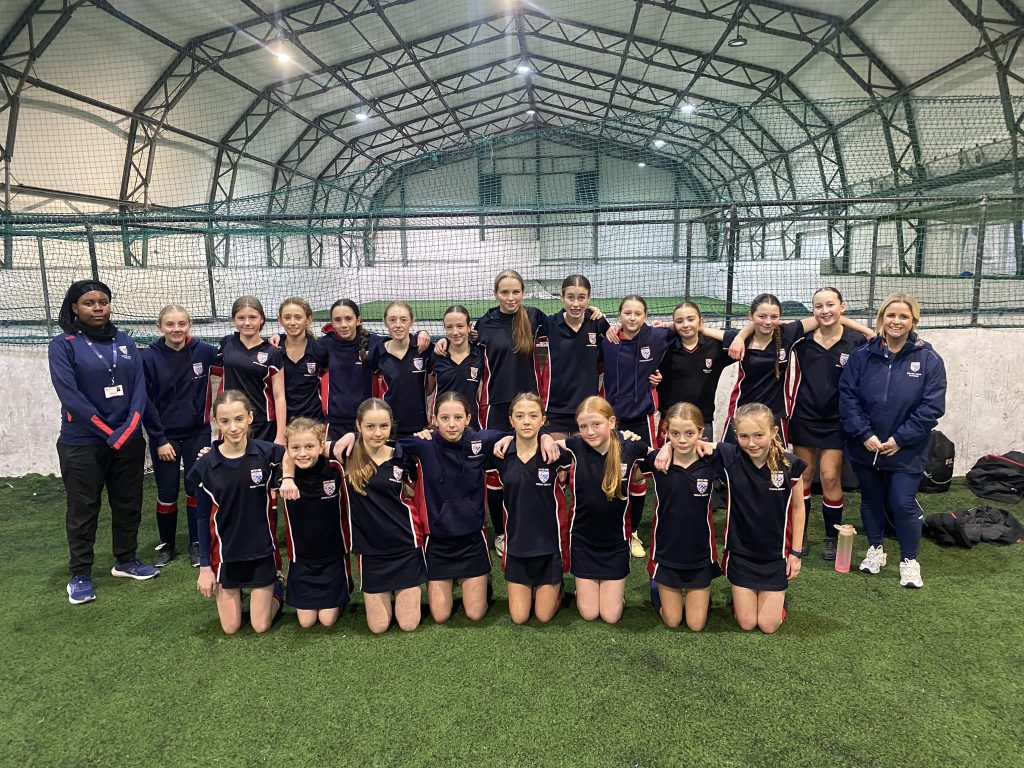Physical Education
‘I have always believed that exercise is not only a key to physical health but to peace of mind’ Nelson Mandela
‘Intelligence and skill can only function at the peak of their capacity when the body is healthy and strong.’ John F. Kennedy, U.S. President
Vision
Our vision in PE is to engage and challenge students in sustained physical activity, whilst fostering an enjoyment and love of sport and encouraging healthy, active lifestyles for lifelong physical and mental well-being. Sport has the unique power to break down barriers, build confidence and foster a sense of belonging. We engage our students across a variety of physical activities, enabling them to apply knowledge, whilst developing a range of important cognitive skills such as decision making and analysis, and empowering students with crucial life skills such as resilience, teamwork and communication. We strive to promote participation, progress and performance, whilst ensuring students understand just how important physical and mental wellbeing is and how the two are intrinsically linked.
Curriculum Intent
Through a comprehensive and inclusive curriculum, centred around the three pillars of progression; motor competence, rules, strategies and tactics and healthy participation, we aim to cultivate not only an environment in which students can excel in their performance, but also one which holistically develops our students.
We do this by:
- developing knowledge and understanding of fitness principles, injury prevention, and lifestyle choices and their impact on both physical and mental well-being
- nurturing essential life skills such as teamwork, resilience, leadership, cognitive skills and communication through sports and physical activities
- fostering a love of physical activity, sport and healthy living to encourage lifelong participation
- ensuring competition is inclusive and accessible to all students.
- building character and helping to embed values such as fairness and respect as well as developing intelligent application of knowledge in games and sports
- inspiring all pupils to succeed and excel in competitive sport and other physically demanding activities
Curriculum Implementation
Physical Education structures the curriculum into a 3-year Key Stage 3, a 2-year KS4 and a 2-year KS5 curriculum. The PE curriculum is a progressive model.
Subject specialists have given consideration and thought to the sequence and rationale of the curriculum; why we teach the content we do and in the order that we do. This is to ensure knowledge is not isolated information; declarative knowledge (knowing what), progresses to procedural knowledge (knowing how) and students are given opportunities to demonstrate their comprehension through practical application.
At Key Stage 3 and in KS4 Core PE lessons, the full National Curriculum is delivered. Curriculum content is designed to systematically teach knowledge in a sequenced way, from simple to complex. Sports and activities are selected to teach essential knowledge and further build on prior knowledge by ensuring students are taught both declarative and procedural knowledge, and more importantly how they relate.
For those students who wish to continue more specialised study at GCSE, we deliver Sports and Coaching Principles (WJEC) which is structured into units and topics. The curriculum covers the components and methods of training to improve performance, analysis of sporting performance and the planning, leading and evaluation of coaching session. Each lesson builds on prior learning, allowing connections to be made between content. Units have been organised and designed to promote learning and provide depth and breadth of understanding.
At Key Stage 5 the BTEC Extended Certificate in Sport is structured into units which are delivered in components of the course, this develops a synoptic understanding of the content. The topic areas include Anatomy & Physiology, Analysis of Performance, Acquisition of Skill, Sports Psychology and Professional Development in the Sports Industry. The curriculum is designed to ensure students develop an in depth understanding of topics. This also equips students to apply their knowledge in a range of activities. Each lesson builds on prior learning, allowing connections to be made between content. Units have been organised and designed to promote learning and provide depth and breadth of understanding.
Student voice has been conducted to ensure that students have a contribution to the curriculum content. This has resulted in the range of sporting activities being adapted.
The Physical Education Department is a member of the Association for Physical Education and works alongside the School Improvement Partners to quality assure our curriculum and ensure that it provides a high quality and comprehensive curriculum for all.
Pedagogical Approach
The pedagogical approach for Physical Education adheres to the LLT Teaching and Learning Policy. Subject specialists deliver the Physical Education curriculum through three 60-minute lessons at KS3, two 60-minute lessons at KS4 CORE PE and five 60-minute lessons for Sports & Coaching per fortnight
Rosenshine and ‘Teach Like a Champion’ strategies are implemented in all lessons and lesson episodes are designed to enable students to store knowledge into the long-term memory.
High-quality instruction, feedback, and structured practice are essential, with the use of explicit, scaffolded teaching especially for novices to the sport or physical activity. In avoiding overloading pupils, the focus is on building knowledge from simple to complex and competence leads to confidence and increased participation. Demonstrations, questioning, and modelling help to check for understanding and pupils’ knowledge and motor competence is often a gateway to demonstrating knowledge in a practical context.
Lessons
Tasks and activities are engaging and whenever possible are linked to local context, careers and develop cultural capital. Examples include the range of sports that are offered to students and the courses that can lead to careers in the health, fitness and leisure industries.
Lessons are structured to enable students to review/retrieve prior knowledge and activate it to make connections with new learning. This is through ‘Do Now’ tasks at the start of each lesson focusing on declarative knowledge.
In each lesson, students are informed of what they are learning and what the outcomes for the lesson are. We call these ‘WALT’ (What we are all learning today,) and ‘WILF’ (What I’m Looking For.)
New information is delivered in small steps and models or demonstrations are provided to support student comprehension. This is evident in the demonstrations and the deconstruction of those demonstrations which show pupils what success looks like. They provide concrete, context-based examples of how knowledge is applied (procedural knowledge). Avoiding cognitive overload is essential and we focus pupils’ attention on a few important cues to avoid overloading working memory. Step-by-step or partial demonstrations are helpful, especially for complex movements or tactics.
Lessons provide opportunities for students to practice applying their new learning. This may include guided and/or independent practice. Repetition builds fluency. Whilst guided practice involves more controlled repetition; as competence increases, independent practice becomes more varied and context rich. Ensuring effective practice helps build motor competence, critical for applying tactics and strategies in games. Research confirms that the more time pupils spend practising skills, the more they learn, and independent practice gives pupils opportunities to refine specific knowledge and skills.
Questioning and mini whiteboards are used to inform adaptive teaching and to check for understanding or identify common misconceptions. This includes techniques such as ‘right is right’ to ensure students accurately and clearly articulate their responses or ‘show me’ to check for understanding of declarative knowledge. They are then given opportunities to apply it in activities which check for understanding. This ensures they connect knowledge and learning across a larger sequence of learning.
We assess our curriculum cumulatively. Low Stakes Quizzes are used to assess knowledge from the current sequence of learning. Assessment takes place in the form of formative and summative assessment tasks. These are carefully considered and link directly to the curriculum intent for the half term. Summative assessment assesses the whole curriculum to date – not just what has been most recently taught.
Literacy
Physical Education is a subject rich in specialist vocabulary. Teachers clearly communicate their subject discipline using appropriate vocabulary and pupils are taught this language explicitly; without it, they may feel excluded or struggle to participate effectively — not just physically, but also verbally in discussions or debates about sport. This includes the use of command words, vocabulary lists, Tier 2 and 3 vocabulary. Physical Education reading materials are carefully selected to develop reading and comprehension skills and academic reading is being embedded into planning documents.
In Physical Education we provide opportunities for students to bring their learning together to check for understanding. This is often through extended writing tasks such as essay writing at KS4 & 5.
To develop oracy the Physical Education team ensure a shared vocabulary enhances pupils’ ability to understand and respond to instructions and feedback. Pupils are expected to demonstrate declarative knowledge (knowing what) through spoken observations of a demonstration, verbalising strengths, decisions, and choices during or after activity and verbal expression is framed as essential for explaining thinking, self-assessment, and peer feedback. Short periods of verbal discussion (e.g., Q&A, group feedback) are productive uses of PE lesson time, particularly when pupils are not physically active as these verbal interactions help pupils to clarify their knowledge, engage in “how and why” questions and identify and resolve misconceptions
The PE department takes part in a wide variety of fixtures and tournaments throughout the year in a variety of sports and events. We lead whole school events such as Inter Form competitions and Sports Day. Athletes compete in Sefton Schools Athletics championships each year.
The department offers Ski Trips in different countries such as France, Austria and Italy. We are currently looking into expanding our offer in the future and explore cultural experiences such as water sports, basketball, football and netball trips to develop the cultural capital of our subject.
Curriculum at a Glance
Coming soon.
Wider Reading
Accreditations
Accreditation KS4 PE (Sport & Coaching) Click Here
